LEARNING PROBLEMS
What are Learning Problems?
Learning problems, or learning disabilities, are a range of disorders that affect a person’s ability to acquire, process, or retain information. These challenges can impact essential skills like reading, writing, mathematics, listening, speaking, and reasoning. While learning problems are often diagnosed in childhood, they can continue to affect individuals into adulthood. Early identification and support are crucial for managing these difficulties and helping individuals reach their full potential.
Beyond just a physical dependence, addiction also includes emotional and psychological components, making it challenging to overcome without help. At Mind Weavers, we understand the complexities of addiction and are here to provide the support and treatment needed for a successful recovery.

Types of Learning Problems
- Dyslexia: Affects reading and related language-based processing skills.
- Dysgraphia: Affects writing, including handwriting, typing, and spelling.
- Dyscalculia: Affects mathematical skills and concepts.
- Auditory Processing Disorder: Affects the ability to understand and process auditory information.
- Visual Processing Disorder: Affects the ability to interpret visual information.
- Nonverbal Learning Disability: Affects nonverbal skills such as spatial awareness and social interaction.
Symptoms of Learning Problems
Symptoms can vary depending on the type of learning problem but may include:
- Difficulty reading, writing, or understanding math concepts
- Problems with memory, attention, or organization
- Difficulty following instructions or understanding spoken language
- Poor coordination or motor skills
- Struggles with time management and task completion
- Difficulty with social skills and understanding nonverbal cues
Managing Learning Problems
Managing learning problems involves a combination of strategies and interventions tailored to the individual’s needs, including:
- Educational Support: Special education services, individualized education programs (IEPs), and accommodations in the classroom.
- Tutoring and Remediation: Specialized instruction and tutoring to target specific learning deficits.
- Therapies: Speech therapy, occupational therapy, and counseling to address related issues.
- Assistive Technology: Tools and software to support learning, such as text-to-speech programs and audiobooks.
- Parental Support and Advocacy: Educating parents about learning problems and how to advocate for their child’s needs.
- Lifestyle Adjustments: Creating a structured and supportive learning environment at home.
Treatment for ADHD

ADHD can be effectively managed with a combination of treatments, which may include:
– Medications: Stimulants (e.g., methylphenidate, amphetamines) and non-stimulants (e.g., atomoxetine, guanfacine)
– Behavioral Therapy: Helps develop positive behaviors, organizational skills, and coping mechanisms
– Skill Training: Attention retraining & Hyperactivity management
– Counseling and Psychotherapy: For individuals and families to address emotional and social issues
– Educational Support: Special education services, individualized education programs (IEPs), and classroom accommodations
You've taken the first step now let us help you find the right support
Recognizing Clinical Depression
– Lasting sadness
– Loss of interest in most activities
– Constant fatigue or low energy
– Negative thoughts
– Feelings of worthlessness, hopelessness, or guilt
– Difficulty concentrating on daily tasks
– Changes in eating and sleeping patterns
– Restlessness or irritability
– Physical aches and pains without a clear cause
– Thoughts of death or suicide
Signs Your Child
Needs to See a Child psychiatrist
Recognizing when your child may need to see a psychiatrist is crucial for addressing their emotional and mental well-being. Here are some signs that may indicate it’s time to consider seeking help from a Child Psychologist in Calicut:
- Your child is dealing with a significant change or a stressful situation, like bullying, a health issue, divorce parents, or a move to a new city or school.
- Your child's mental, emotional, and behavioral problems seem to be getting worse over time instead of better.
- Your child or family has experienced trauma, such as a death, an accident, or abuse.
- Your child encounters challenges when it comes to forming and maintaining friendships.
- You notice big notable shifts in your child's temperament and behavior.
- They often have trouble with their behavior in school.
- Your child is worrying to much for trivial things
- Your child's grades are dropping.
Common Conditions Addressed at Our Center
Clinical child psychology is a field dedicated to researching, evaluating, and addressing a broad spectrum of interconnected biological, psychological, and social challenges encountered by children.

ANXIETY
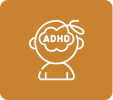
ADHD

DEPRESSION

AUTISM

LEARNING PROBLEMS

BEHAVIOURAL PROBLEMS

ADJUSTMENT PROBLEMS

STRESS
At Mind Weavers, our Child Psychologists are well-versed in the latest evidencebased interventions, providing personalized counseling to address the unique needs of each child.
Skills and Procedures Utilized
Clinical child psychology encompasses a wide range of procedures and skills addressing your child’s needs, including:
- Assessment (e.g., psychological, intellectual, cognitive, and behavioral evaluation).
- Intervention (e.g., psychotherapy and applied behavior analysis).
- Prevention program development (e.g., school readiness,bullying, addictions, obesity).
- Consultation with transdisciplinary team
- Evidence based Practices

Services Offered By Our Center
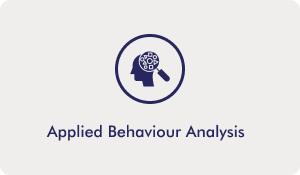
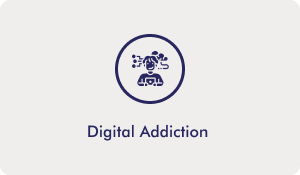
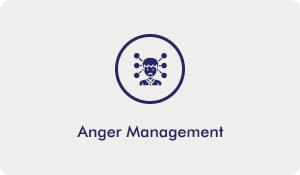
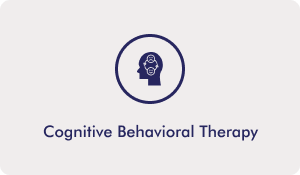
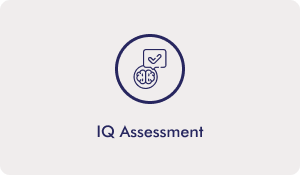
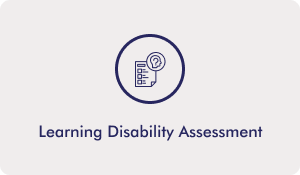
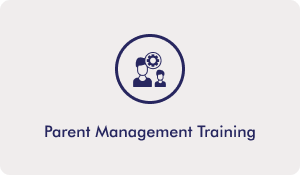
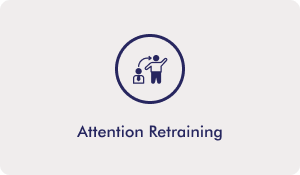
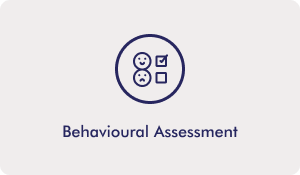
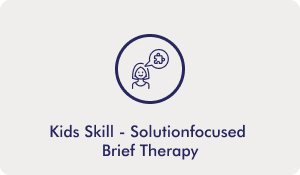
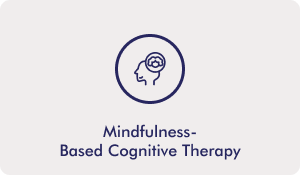
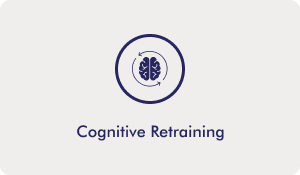
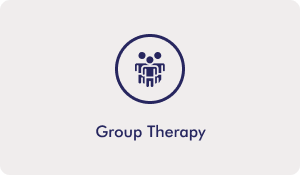
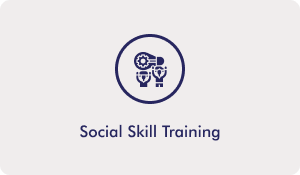
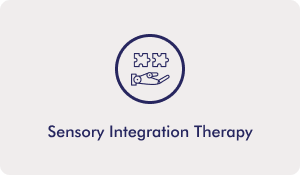
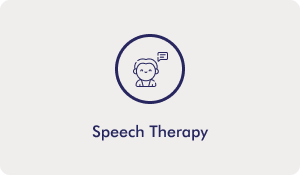
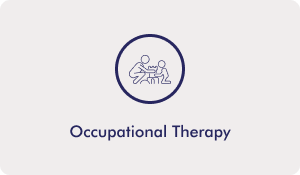
These services are administered by experienced and compassionate clinical psychologists and therapists that ensure your child receives the care and support they need to lead healthier and more fulfilling lives.
FAQs on Learning Problems
Learning problems are a group of disorders that affect the ability to acquire, process, or retain information, impacting skills such as reading, writing, math, listening, speaking, and reasoning.
Learning problems are diagnosed through a comprehensive evaluation by a qualified professional, which may include psychological testing, educational assessments, and observations.
Common signs include difficulty reading, writing, or understanding math concepts, problems with memory or attention, difficulty following instructions, and struggles with social skills.
Parents can support a child with learning problems by advocating for their needs, providing a structured and supportive learning environment at home, and seeking appropriate educational and therapeutic services.
No, learning problems are specific to difficulties in certain academic skills and are not indicative of overall intellectual ability. Individuals with learning problems often have average or above-average intelligence.
Yes, learning problems can persist into adulthood, affecting work, daily activities, and social interactions. Adults can benefit from similar strategies and accommodations as children.
Effective strategies include individualized education programs (IEPs), specialized tutoring, assistive technology, speech and occupational therapy, and a supportive learning environment.
Help for learning problems can be found through:
– Educational psychologists and specialists
– Special education services
– Tutoring centers and educational programs
– Support groups and organizations for learning disabilities
Mind Weavers for Adult Psychology -
Why We're Different?
✨Experience:
Mind Weavers stands out in the field of adult psychology for several reasons. Our team of licensed professionals brings a wealth of experience in dealing with adult psychological issues. We understand that adulthood is a time of significant transition and are committed to helping you navigate this period with empathy and expertise.
✨Understanding Issues from The Root:
We support a comprehensive strategy for mental health. Hence, it means we don’t just focus on your symptoms; we explore the root causes of your challenges. Therefore, by addressing these underlying issues, we aim to provide long-lasting solutions that improve your overall well-being.
✨Supportive Environment:
Another reason to choose Mind Weavers is our commitment to creating a supportive environment. We know that discussing mental health can be difficult, which is why we prioritize creating a safe, non-judgmental space. Our goal is to make you feel comfortable and heard, ensuring that you can openly discuss your concerns and challenges.
✨Flexible Treatment Plans:
Additionally, we offer flexible treatment options tailored to fit your lifestyle. So, whether you prefer in-person sessions or online consultations, we make it easy to access the help you need. Our flexible scheduling and various therapy modalities ensure that you can find the right fit for your needs.
Therefore, take the first step towards a healthier adulthood by choosing Mind Weavers. Your mental well-being deserves the best care, and we’re here to provide it.
Choosing Mind Weavers for
Your Child's Well-Being
At Mind Weavers, our aim is to have a happy, playful, and confident child.
We prioritize your child’s well-being and offer top-quality mental health services to support their growth and happiness. Our dedicated professionals including child psychologists, therapists, and counelors help children overcome challenges, develop crucial life skills, and thrive emotionally.
At Mind Weavers, you’re choosing more than specialized services; you’re selecting a caring and nurturing environment that fosters resilience, self-assurance, and a positive outlook.


